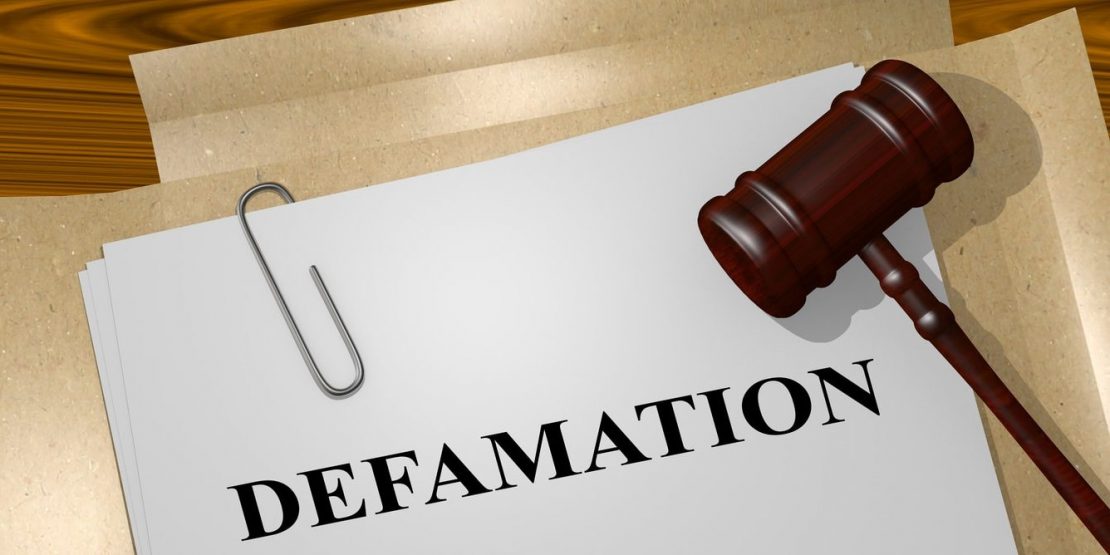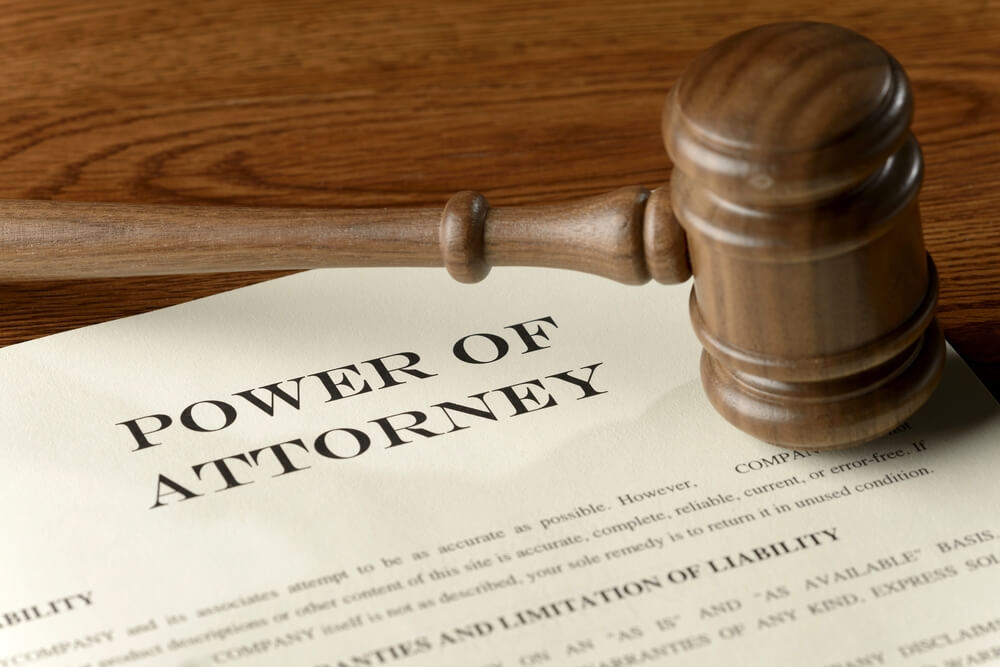Social media has helped usher in an era of rampant “fake news” or fraudulent claims. The average adult previously checked his or her sources to determine if the information shared was factual in nature. Social sharing sites, however, have seemingly made it easier for individuals to get away with spreading everything from false advertisements to outright lies about the next person. It is not always good to go with a trend, though. The attorneys at Quirk Law Group can help you understand why sharing that social media post can potentially lead to a defamation lawsuit.
Table of Contents
What is Defamation?
Defamation is the act of making a claim that injures the reputation of another person. The act of defaming an individual falls under personal injury as spreading false information could lead to everything from emotional distress to financial losses.
What Defamation is Not
Defamation is not a person hurting your feelings online with a damning statement. The notion of defamation is also not something to use as a weapon to silence another person. In fact, defamation laws were created with the First Amendment of the Constitution in mind. There is, therefore, little purpose in threatening an individual with a defamation lawsuit simply because you do not like what he or she says about you online.
What a Defamation Case Involves
The burden of proof for defamation lies on the plaintiff’s shoulders. The complainant must prove the statement published was not true as well as harmful and not privileged.
Publication for court purposes covers all forms of making the statement public including social media and verbal transmission. Publication does not include a personal journal, as stories written in such notebooks are not generally available to the public.

Public figures must go through an additional aspect by proving the defendant published false statements with actual malice. By definition, actual malice means that the accused party knew the damaging statement was false from the start. Sharing a social media post written by another person may even fall under this category if the sharer knows the information in the original post is outright false.
The Statement Must be Damaging
False statements made online that hurt another person’s feelings may appear to be a righteous cause in suing for defamation. In reality, though, a judge looks for more than emotional responses.
Your defamation lawsuit must prove the plaintiff lost wages, clientele, and other opportunities as a result of the statement. Of course, a statement that has an element of truth does not qualify as defamation even if such comments lead to financial loss.
What are your Rights?
You have the right to seek legal counsel if false online statements lead to substantial loss of business and subsequent income. Even reviews, which should be based on the customer’s actual experience, may be considered as defamation if written by individuals who have never used the service. In such instances, a negative review is intentional and not the actual experience of the author.
The best way to approach a defamation case is with evidence that an attorney can use to build his or her argument. Call a lawyer today if you are suffering from financial loss due to false statements about you or your business.





